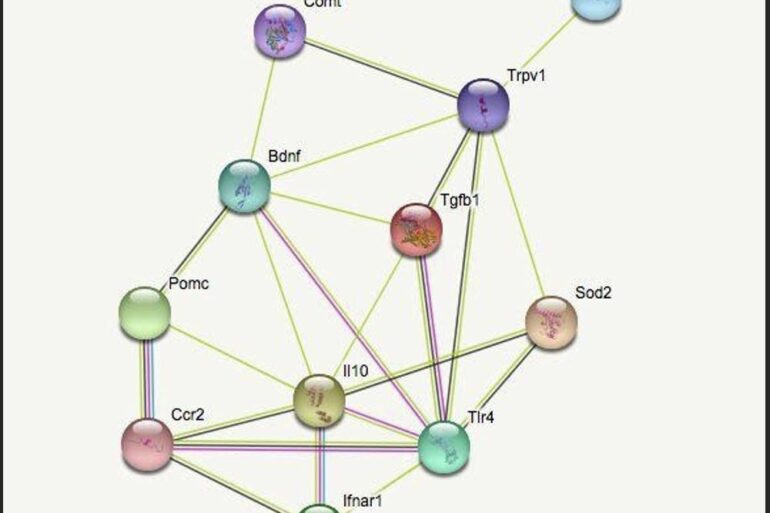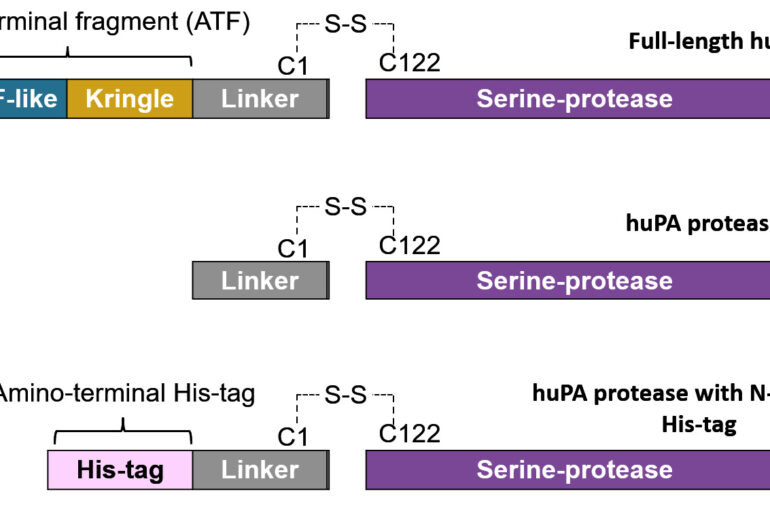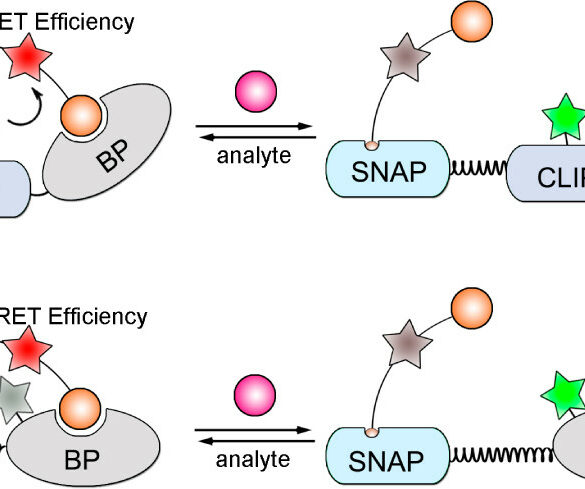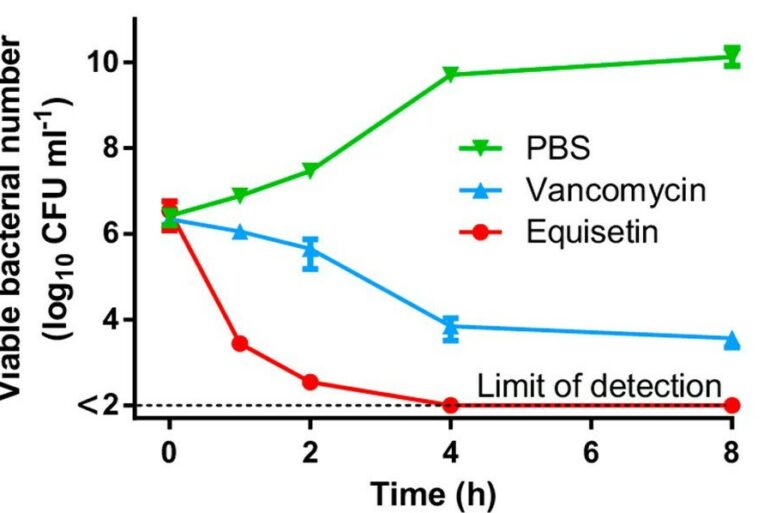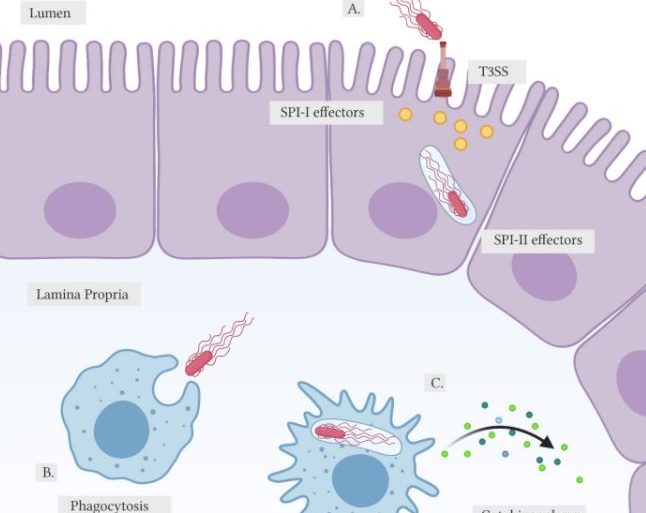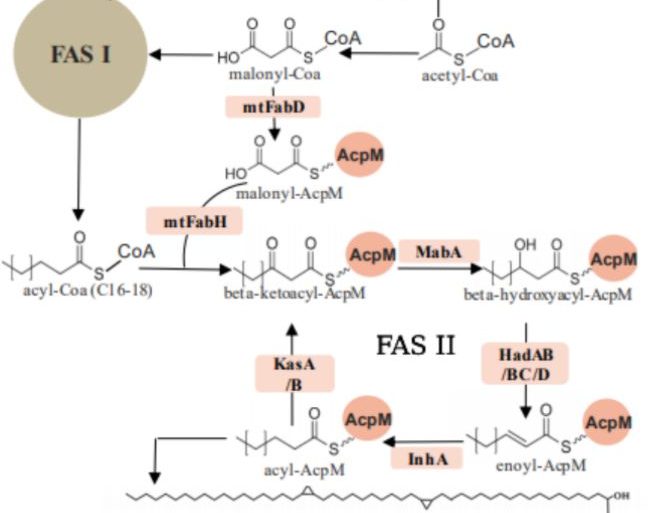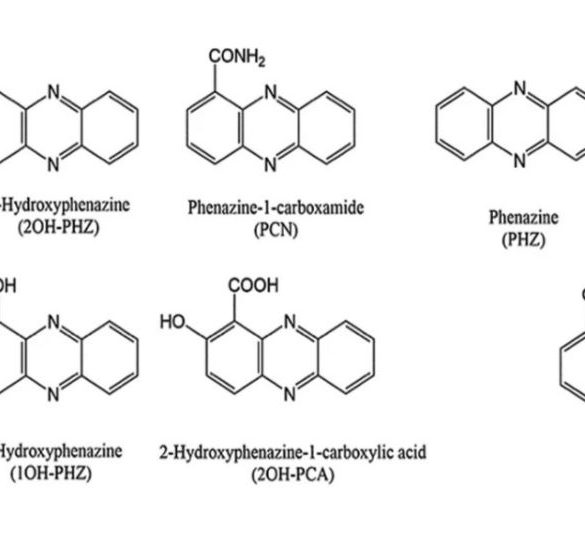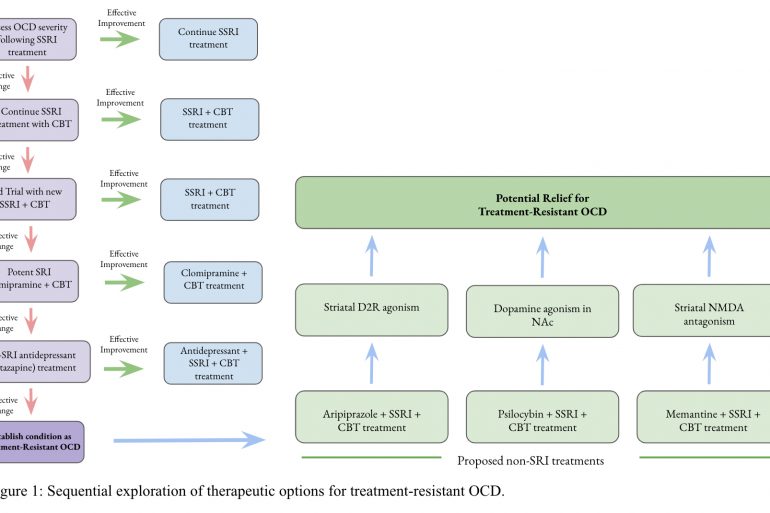ABSTRACT Rheumatoid arthritis (RA) is a debilitating autoimmune disease that causes painful inflammation within joint tissue. Despite the success of... Read More
ABSTRACT Urokinase-type plasminogen activator (uPA) is a serine protease responsible for cleaving and activating inactive plasminogen to its active form,... Read More
INTRODUCTION Oysters are an integral part of many marine ecosystems. They provide food for several species of snails and crabs... Read More
The structure and function of proteins in the human body is largely limited by the number of amino acids that... Read More
Antibiotics are crucial in protecting humans from a large range of bacterial diseases. Scientists have created several types of antibiotics... Read More
INTRODUCTION Despite many prevention efforts, foodborne illnesses remain a serious global health threat.¹ The Centers for Disease Control and Prevention... Read More
INTRODUCTION Tuberculosis (TB), a disease which primarily targets the lungs, is caused by the human pathogen Mycobacterium tuberculosis (Mtb). TB... Read More
EXTRACELLULAR ELECTRON TRANSFER AND MICROBIAL NATURAL PRODUCTS Oxygen is an essential part of the electron transport chain, functioning as the... Read More
INTRODUCTION Obsessive-Compulsive Disorder (OCD) is a psychiatric illness characterized by intrusive thoughts, designated as obsessions, and repetitive compulsions, such as... Read More

